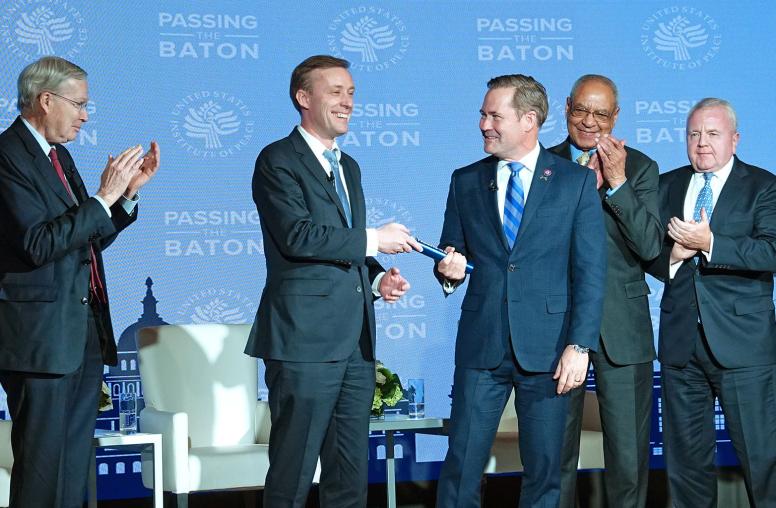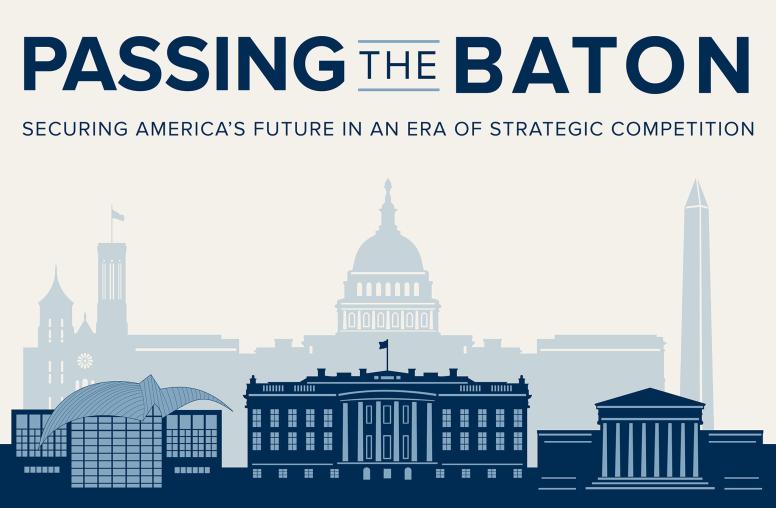USIP Announces Release of New Study of Israeli and Palestinian Public Opinion on Final Status Peace Agreement
For Immediate Release, December 6, 2013
Contact: Allison Sturma, (202) 429-3869
The U.S. Institute of Peace has partnered with the Anwar Sadat Chair for Peace and Development and the Program for Public Consultation at the University of Maryland on a study of Israeli and Palestinian views on a final negotiated agreement and what bilateral relations should look like in a post-agreement environment. The results were released on December 6.
The study, unprecedented in its approach, comes at a salient moment, as U.S.-backed efforts for an agreement have reached a midway point. So far, the diplomatic process has unfolded in purposeful silence on the part of the parties, but many outside the negotiation room emphasize that any agreement must be acceptable among the respective publics. The poll’s findings are as recent as late November, with 1,003 adult Palestinians throughout the West Bank and Gaza and 1,053 adult Israelis throughout Israel, including a representative sample of Jewish and Arab citizens of Israel, participating.
The study goes beyond the more common polling methods that gauge public response to isolated elements of a negotiated settlement, since Israeli and Palestinian respondents weighed in on a package deal as it might be presented at the end of the current round of negotiations. This approach allows for a more pragmatic read on how public opinion could impact the ability of the parties to reach an agreement and sheds light on the type of peacebuilding work needed to sustain an agreement.
“This study not only informs those involved in negotiations, but also those in the peacebuilding field who work with local actors to lay the foundations for a sustainable peace that will endure long after any agreement is signed,” said USIP’s Lucy Kurtzer-Ellenbogen, the director of the Institute’s Arab-Israeli program.
Shibley Telhami, the Anwar Sadat Chair at UMD and the study's primary author and investigator, is a former member of USIP's board of directors, and a member of the USIP Study Group on Arab-Israeli Peacemaking. In this latter capacity, he is co-author of the USIP-Cornell University Press January 2013 book The Peace Puzzle: America's Quest for Arab-Israeli Peace.
Learn more about the study here http://www.sadat.umd.edu/is-pal-report.pdf.
###
The United States Institute of Peace is an independent, nonpartisan conflict management center created by Congress to prevent and mitigate international conflict through nonviolent means. USIP works to save lives, increase the government’s ability to deal with conflicts before they escalate, reduce government costs, and enhance national security. USIP is headquartered in Washington, DC. To learn more, visit www.usip.org.



